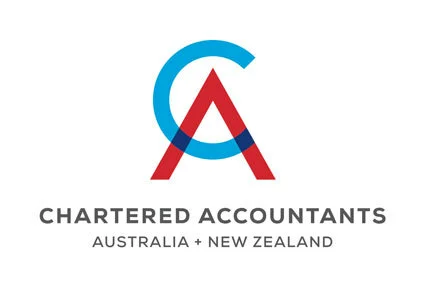Are you gambling on your Business for your Retirement?

‘The business is my retirement,’ say many business owners. The reality is far more complicated – and devastating if you get it wrong, writes financial advisor, Helen Baker.
The risks of using your business as your sole retirement nest egg or as the majority of it, are numerous and diverse. And they continue to ensnare many Aussie business owners looking to retire.
With this in mind, consider the common perils of making this gamble and options for safeguarding both your business and your retirement.
‘I’ll catch up when cash flow is better’
Sacrificing their own pay – in part or in full – is a common tactic used by owners to support the business. As is forgoing superannuation under the belief that ‘I don’t need super, the business is my retirement plan’.
But what if it can’t?
The business shoulders huge liability when indebted to its owner for underpaid/unpaid pay and super. Large amounts are far more difficult to repay than smaller, regular instalments. And should the business go under or be unsaleable, its owner is left with nothing.
Furthermore, forgone pay and super is a red flag for prospective buyers – if the business can’t pay its owner properly, is it really a viable going concern?
Diversity is key. Include yourself on the company payroll and pay yourself super. Cash flow may be a little tighter, but you will extract value regularly, your personal finances aren’t beholden to the business, and you’ll create a more attractive investment for buyers.
Raising cash beyond your hip pocket
Greater revenue typically means a higher business value. But that revenue needn’t come from your own pocket.
‘Sure, I’ll just raid the money tree!’ you say. However, most small and medium-sized businesses have unrealised revenue options, funds which are covered at the owners’ expense, both now and in lost future earnings.
Australia Startups notes there is $1.44 billion in available funding for small business startups. Yet millions of dollars in grants and incentives go unclaimed annually.
Services businesses often ignore the commercial value of their client list – partnerships with aligned providers could deliver additional ongoing revenue now, while the database can be monetised once you retire instead of simply shutting down the business, extracting maximum value for yourself and ensuring your clients are looked after.
At the very least, check your receivables. Do you issue invoices promptly? Could you make it easier for clients to make payments sooner? Funds in hand are worth more than those on paper.
Bleeding cash
Bleeding cash happens more frequently in business than you may think. For instance:
- Unclaimed/underclaimed tax deductions: poor record-keeping, overlooked deductions and an ‘it’s too hard’ attitude are giant money pits. Keep good records to track and claim deductions in full. Pay particular attention to work-from-home deductions (all that after-hours admin), mileage, depreciation, accounting and financial advice expenses.
- Social media: $5 to boost a post may not seem like much, but it quickly adds up. Is that spending checked? What is the ROI?
- Late payments: delaying payments may seem like a cash flow boost, but it’s expensive – financially and reputationally. Pay on time to avoid late fees and interest. If you’re struggling, ask to establish a payment plan.
- Unreviewed debits: Regular reviews of insurances, utilities, subscriptions and loans ensures you’re not overpaying and receive bang for your buck.
Leveraging tax benefits
Many small business owners live by the wire, with little left to invest. So why not use government funds to do the heavy lifting for you?!
- Super co-contributions for low-income earners is essentially free money on which you benefit from the compounding effect over time.
- You could contribute to your partner’s super – growing their retirement savings faster while you enjoy the associated tax benefit.
- Claim the small business tax offset if you’re eligible.
Tax benefits are there for a reason – use them.
Planning your exit
As previously mentioned, your actions now materially impact your business’ future value and attractiveness.
Have a plan to manage your exit. It should cover:
- Extracting maximum value for yourself.
- Presenting the business at its best (like styling a house for sale).
- Managing the ownership transition – for yourself, the new owners, staff, customers and suppliers.
- A plan B – should the market at the time of your planned exit be unfavourable.
- Your legacy – how/if clients are retained, whether the business keeps your name etc.
- Advice from your financial advisor and accountant about the CGT Small Business Concessions and catch-up legislation strategies.
Before gambling with your retirement, take a good look over your numbers and see whether your personal financial interests are being well-served. Because the business should work for you just as hard as you work for it!
Contact Scott Partners if you’d like to discuss this topic further.







